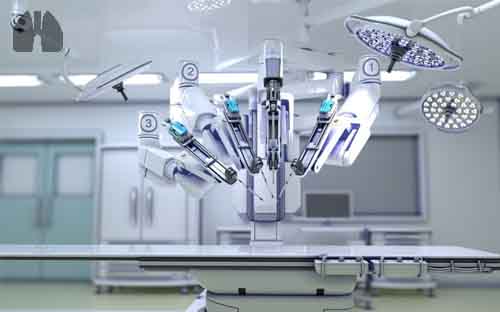
Delayed radical prostatectomy (RP) for intermediate- and high-risk prostate cancer (PCa) does not appear to adversely affect oncologic outcomes, according to new studies prompted by the COVID-19 pandemic.
In a study of 926 men undergoing RP across Europe for intermediate- and high-risk PCa, Romain Diamand, MD, of Université Libre de Bruxelles, Brussels, Belgium, and colleagues
found no significant association between surgical delay and upgrading on final specimen, lymph node invasion (LNI), pathologic locally advanced disease, or need for adjuvant therapy, according to findings published in the World Journal of Urology. The study also found no significant association between surgery delay and biochemical recurrence (BCR) across the whole study population and within risk groups.
“Our data support a safely deferred approach for PCa patients awaiting surgery in this time of COVID-19 pandemic,” Dr Diamand’s team stated.
The study population had a median follow-up and surgical delay of 26.4 months and 3.3 months (range 2 to 5 months), respectively. The median surgical delay was significantly shorter among the patients with high-risk disease than those with intermediate-risk disease (3.5 vs 2.8 months). Patients had a median preoperative PSA level of 8.2 ng/mL. Results showed that 22.7%, 9.9%, and 46.9% had upgrading at final pathology, LNI, and pathological locally advanced disease, respectively. In addition, 8.7% of patients experienced BCR.
In a discussion of study limitations, Dr Diamand’s team acknowledged that the retrospective nature of their analysis introduces a potential selection and confounding bias with unknown factors that led physicians to opt for the most appropriate timing for surgery. “However, one must bear in mind that designing a prospective trial postponing treatment of oncologic patients is technically and ethically impossible.”
In addition, they pointed out that most of the patients underwent surgery within a period close to 3 months, “therefore, care must be taken to the interpretation of our results for longer treatment delays.”
Another limitation was the relatively short follow-up period, which could affect the number of BCR events, they noted.
The new findings are consistent with those of recent study of 128,062 men with intermediate- and high-risk PCa who underwent RP from 2010 to 2016. In that study, Kevin B. Ginsburg, MD, of Wayne State University in Detroit, Michigan, and collaborators found no significant difference in the odds of adverse pathology, upgrading, node positive disease, postoperative secondary treatments between men undergoing immediate RP (within 3 months of diagnosis) and any level of delay up to 12 months, according to findings published in The Journal of Urology. A subgroup analysis of men with grade group 4 and 5 PCa did not demonstrate an association between delayed RP and worse oncologic outcomes.
“As the United States continues to combat the COVID-19 pandemic, delays in nonemergent surgery such as RP are inevitable. … These data suggest that men who experience treatment delays due to the ongoing COVID-19 pandemic may not have worse oncologic outcomes and may provide reassurance to patients and urologists balancing care in the current pandemic,” the authors concluded.
In an editorial accompanying the study, Mark Tyson, MD, of Mayo Clinic Arizona in Scottsale, Arizona, wrote that despite study limitations “the authors should be commended on this timely analysis which will undoubtedly provide appropriate reassurance to patients and their loved ones during this time of great uncertainty and consternation.”
References
Diamand R, Ploussard G, Roumiguié M, et al. Timing and delay of radical prostatectomy do not lead to adverse oncologic outcomes; results from a large European cohort at the times of COVID-19 pandemic. Published online August 10, 2020. World J Urol. doi:10.1007/s00345-020-03402-w
Ginsburg KB, Curtis GL, Timar RE, et al. Delayed radical prostatectomy is not associated with adverse oncologic outcomes: Implications for men experiencing surgical delay due to the COVID-19 pandemic. Published online May 1, 2020. J Urol. doi:10.1097/JU.0000000000001089














